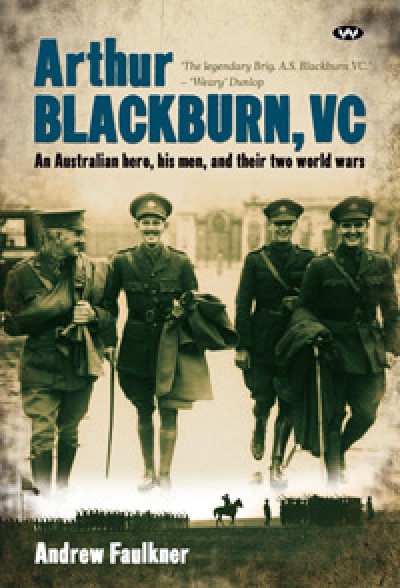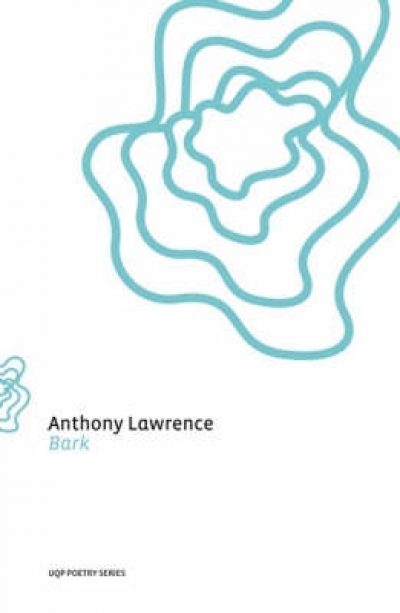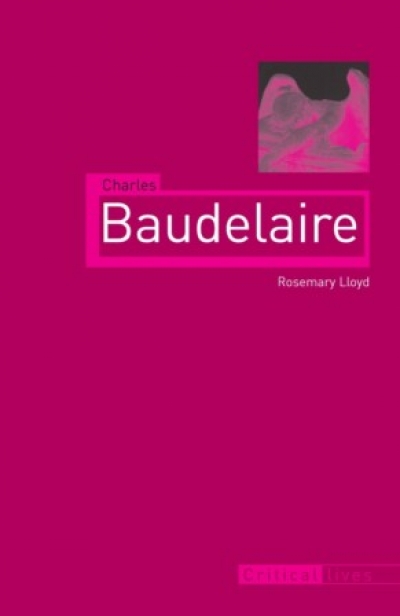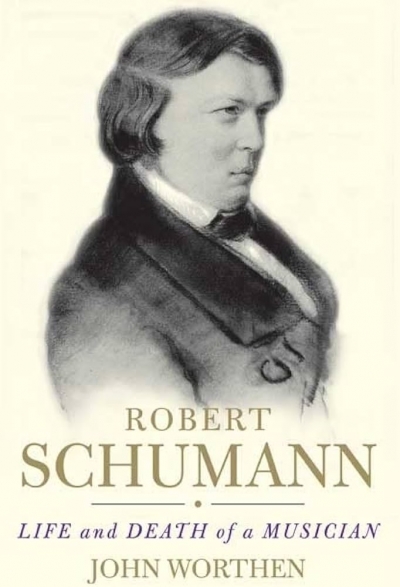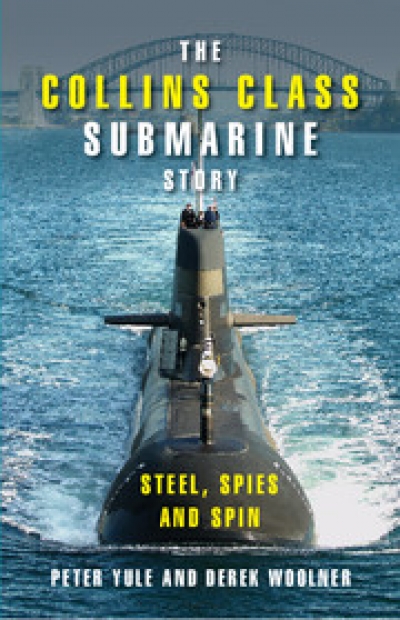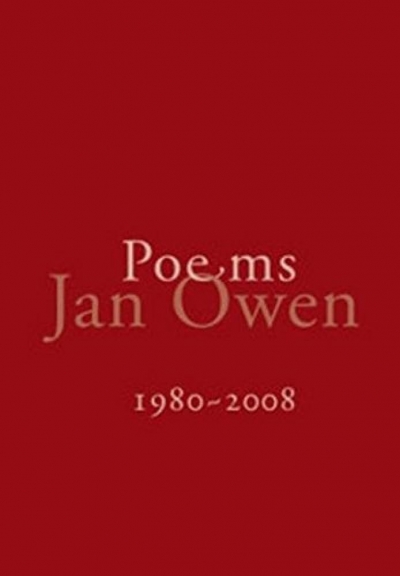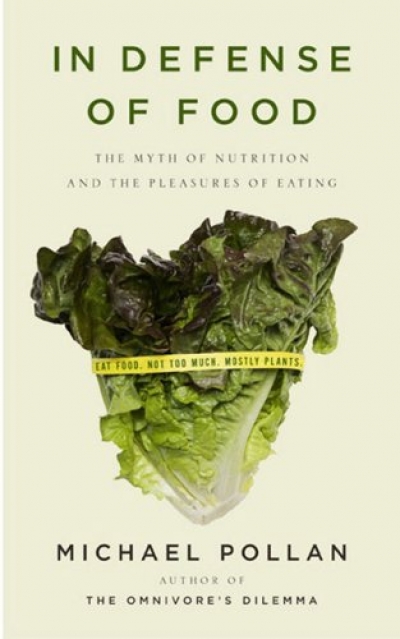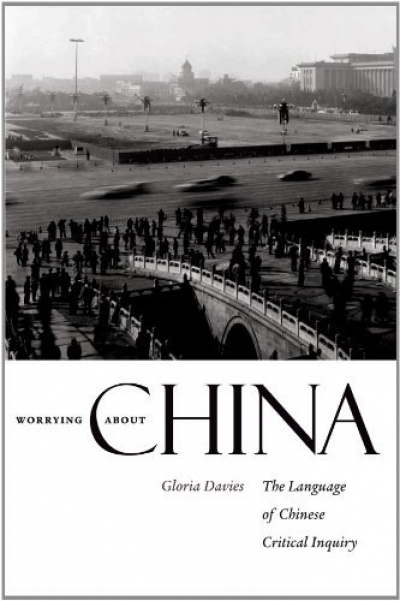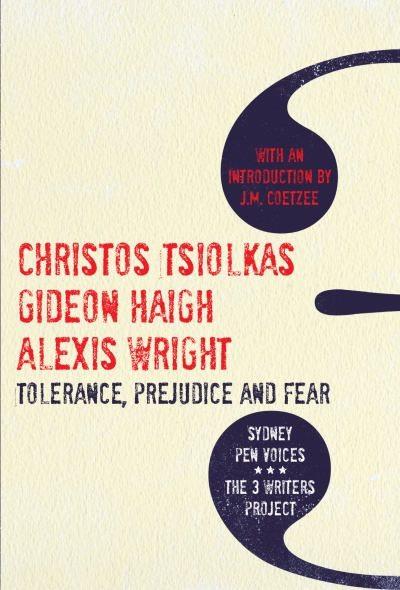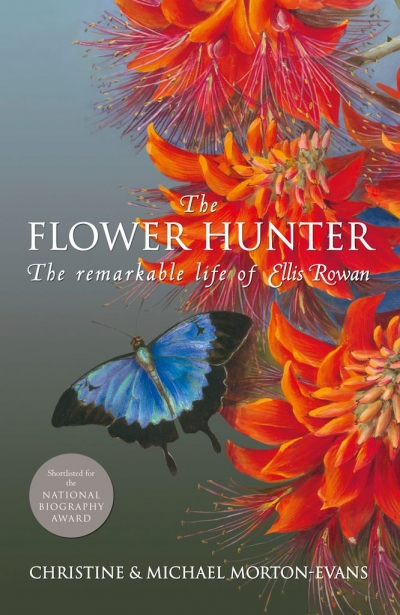Archive
Arthur Blackburn, VC: An Australian hero, his men and their two world wars by Andrew Faulkner
by Robin Prior •
Robert Schumann: Life and death of a musician by John Worthen
by Roger Covell •
The Collins Class Submarine Story: Steel, spies and spin by Peter Yule and Derek Woolner
by Tom Frame •
In Defence of Food: The myth of nutrition and the pleasures of eating by Michael Pollan
by Patrick Allington •
Worrying About China: The language of Chinese critical inquiry by Gloria Davies
by Francesca Beddie •
Tolerance, Prejudice and Fear by Christos Tsiolkas, Gideon Haigh and Alexis Wright
by Jay Daniel Thompson •
The Flower Hunter: The remarkable life of Ellis Rowan by Christine and Michael Morton-Evans
by Heidi Maier •

